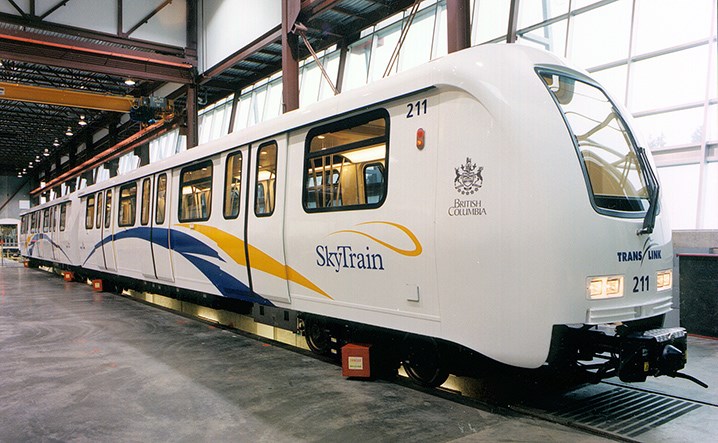The draft Transport 2050 strategy lays out a vision for the region’s future with 100 recommendations to improve transportation over the next three decades.
“Transport 2050 will transform the way we move and live, and it’s imperative that the region’s transportation future is guided by the people who call it home,” TransLink CEO Kevin Quinn said.
And, with growth projections showing a huge influx into the region by 2050, transit expansion will be needed.
“Metro Vancouver grew from 2.38 million people in 2011 to 2.59 million people in 2016. Regional Planning’s modelling shows that this growth trend will continue. The region is anticipated to reach about 3.8 million people by 2050,” said an April Metro Vancouver Regional District report.
Other key TransLink recommendations include completing an 850-kilometre traffic-separated major bikeway network to connect communities with greener, healthier transportation options and promoting electric and shared vehicles such as bikes, scooters, and cars.
The report was released as TransLink opens its third and final round of public engagement on Transport 2050 before the strategy becomes final. TransLink wants to gauge public support the overall strategy, and is seeking suggestions for improvement.
“Based on the input, we will update the strategy before sending to the TransLink Board and Mayors’ Council for final approval in early 2022,” TransLink said in a news release.
“Transport 2050 will have wide-reaching benefits on our lifestyles in Metro Vancouver,” said Mayors’ Council chair and New Westminster mayor Jonathan Coté. “Our ability to move around has massive impacts on our quality of life, climate change, and our potential to grow as a region.”
B.C.’s Minister of State for Infrastructure Bowinn Ma said Victoria is committed to reliable, affordable, low-carbon travel options.
“This includes investing in public transit, expanding active transportation networks and facilities for people who walk, bike, and roll, and supporting the development of complete communities that allow people to live close to where they work, study, and play,” Ma said. “Transport 2050 will provide an important roadmap to guide us toward those objectives.”
Minister of Environment and Climate Change Strategy George Heyman said Lower Mainland residents expect affordable transportation options supporting climate change action.
“By aligning priorities – such as increasing the region’s use of transit and active transportation – TransLink and the province will create a bigger, better, cleaner transportation system that will serve generations to come,” Heyman said.
The final phase of engagement begins was to start Oct. 12 and run until Oct. 29. Members of the public are invited to learn more, complete a survey, or register for an online open house by visiting transport2050.ca.




